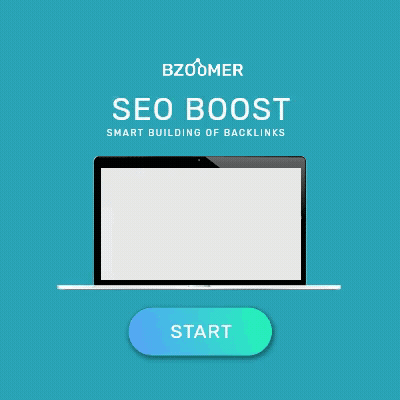In today's fast-paced, digitally driven world, traditional accounting practices are undergoing a significant transformation. The emergence of online, cloud-based, and remote accountants is not just a trend but a substantial shift in how businesses and individuals manage their financial affairs. These modern approaches to accounting offer a blend of cost-efficiency, accessibility, and flexibility that is highly attractive in our increasingly remote-friendly, budget-conscious global economy.
Online Accountants: A Gateway to Convenience and Efficiency
Online accountants leverage the power of the internet to offer seamless financial services. This model provides clients with the ability to access financial advice and accounting services anytime and anywhere, simply through their digital devices. This convenience is particularly advantageous for small business owners and entrepreneurs who need constant access to financial data but may not have the resources to hire a full-time, in-house accountant.
Cheaper Accountants: Democratizing Financial Expertise
One of the most appealing aspects of modern online accounting is cost efficiency. With lower overhead costs, online accountants can offer their services at a fraction of the cost of traditional accountants. This pricing flexibility makes professional accounting services more accessible to startups and small businesses, which often operate on tighter budgets and can benefit greatly from professional financial advice and services without the hefty price tag.
Cloud Accountants: Enhancing Security and Accessibility
Cloud accounting involves managing and storing financial data on remote servers, which offers several benefits over traditional methods. First, it enhances data security, as cloud providers typically offer robust security measures that may be beyond the reach of small firms. Second, it allows real-time data updating and sharing, which means that both accountants and clients can view up-to-date financial information at any time. This immediacy can improve decision-making and financial planning, making it an excellent tool for dynamic businesses.
Remote Accountants: Breaking Geographical Barriers
Remote accountants work from anywhere, overcoming geographical limitations that often restrict traditional practices. This flexibility not only expands the talent pool from which companies can hire but also allows businesses to find exactly the right expertise they need, regardless of location. Additionally, remote working helps reduce costs further, as neither the accountant nor the client needs to maintain a physical office space for accounting activities.
Conclusion
The integration of online, cloud, and remote accounting services into the financial sector marks a pivotal evolution in how professional accounting services are delivered. These advancements are making accounting more accessible, cost-effective, and adaptable to the needs of modern businesses and entrepreneurs. As technology continues to advance, the role of accountants will undoubtedly continue to evolve, further embedding digital solutions in everyday financial tasks and decision-making processes. This shift not only benefits clients but also offers accountants the flexibility to work more creatively and efficiently.


